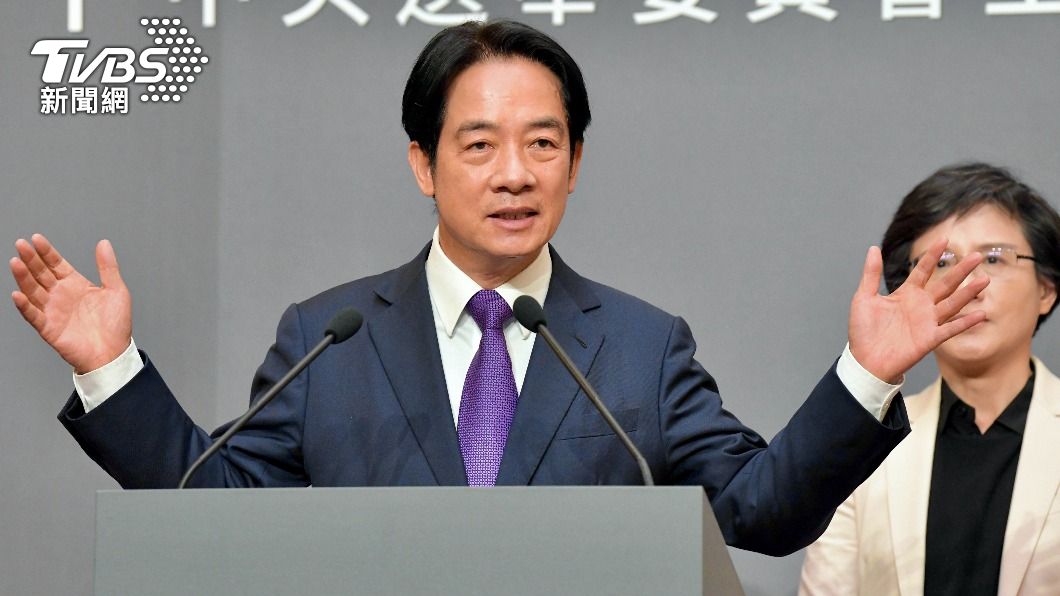TAIPEI (TVBS News) — On Tuesday (April 30), Kuomintang (KMT) legislator Lo Chih-chiang (羅智強) accused the National Land Management Agency (國土署) of favoring the incoming President Lai Ching-te (賴清德) by legalizing the unauthorized construction at Lai's family home.
Lo criticized the agency's plan to treat abandoned mining lands similarly to the "Northern ATayal Indigenous Peoples' Special Area Plan," allowing pre-existing homes built before May 16, 2017, to be reclassified by local governments.
Lo pointed out that the National Land Management Agency announced the implementation of the "Northern Tayal Indigenous Peoples' Special Area Plan" in 2019, which permitted changes in land use for the Zhenxibao and Simakusi tribes, thereby legalizing existing structures.
He lambasted the Democratic Progressive Party (DPP) government for neglecting the issue of abandoned mining areas until the unauthorized construction issue at Lai's Wanli (萬里) home came to light, prompting the proposed changes.
New Taipei City Councilor Chiang I-chen questioned the agency's rationale, noting that Lai is not indigenous and his Wanli home is not located in an indigenous area, yet the agency's actions seemed aimed at resolving his family home's legal issues.
Lo also revealed that Lai had promised to place his Wanli home in a public trust before the election but later reneged, citing the home's low valuation of only NT$170,000 as a reason for its impracticality.
Furthermore, Lo criticized the failure to legally declare Lai's property and the Control Yuan's (監察院) lack of investigation, accusing the National Land Management Agency of attempting to use a general case to cover up a specific one, thereby legalizing the family home.
The controversy highlights ongoing debates over land use policies and the implications of legalizing unauthorized constructions, especially when high-profile political figures are involved.
The situation raises questions about fairness, transparency, and the potential for preferential treatment in the application of land management laws.



